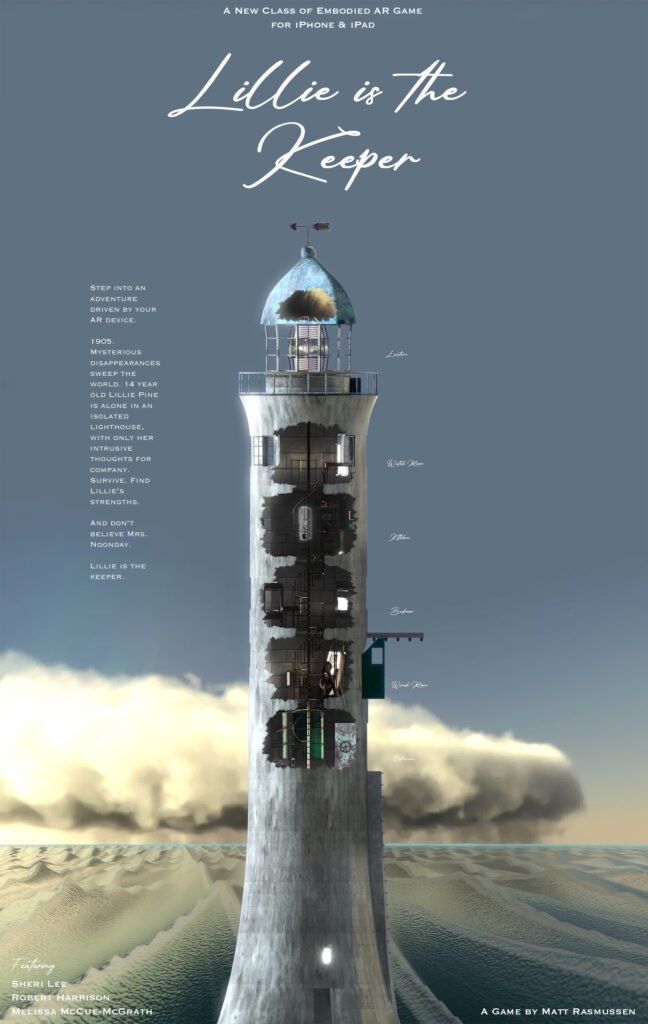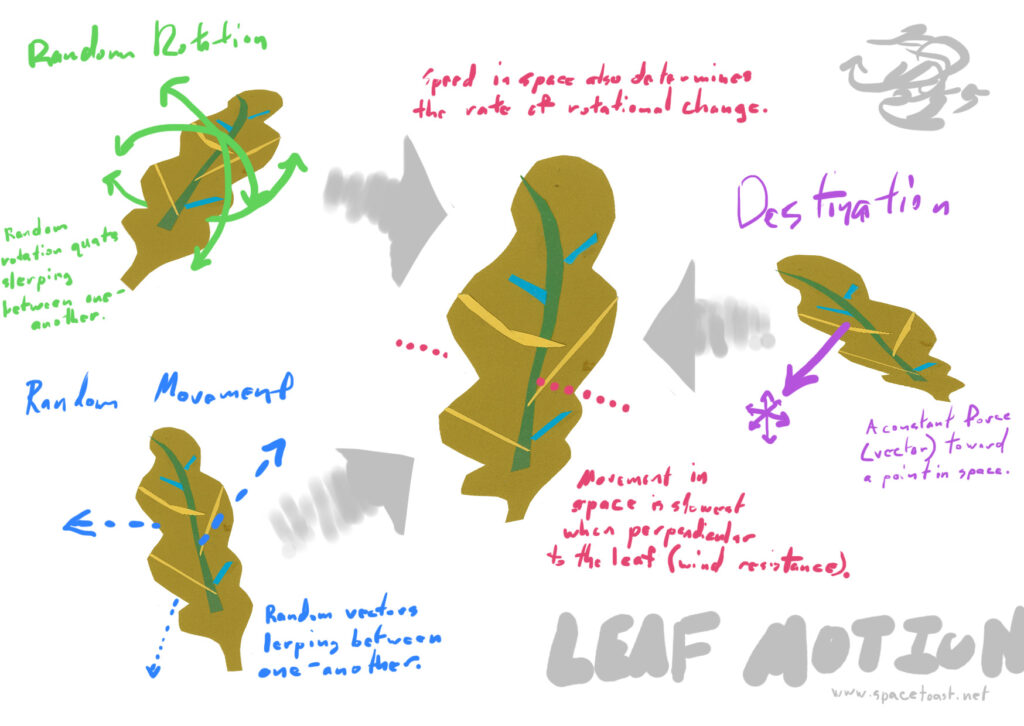Lillie is the Keeper is a role-playing game, but it’s not an RPG. Like many games, you play as the title character, and see the world through her eyes (and hear yourself speak in her voice, and hear the voice in her head). Minus the AR gimmick, it’s a very conventional style of play. What I find odd, on reflection, is that this type of game is not called a “Role Playing Game”–and what is involves very little role-playing.
It’s a product of evolution, like all inexplicable things. Pen-and-paper RPGs were supposed to model all aspects of playing a character, though in practice most players focused on stats as a means to an end: that of increasing said stats. People “gamed” role-playing games, rather than role-playing them.
Sure, some people didn’t (and don’t) play them that way, and there are a number of role-playing systems that focus very sharply on driving character interaction rather than combat (somewhat including my own) but when the nascent digital game developers needed a template for long, multicharacter games, they borrowed liberally from the established pen-and-paper RPGs.
The real game loop is: boost numbers so you can unlock more content and boost more numbers. Even incredibly good story-driven RPGs like Lunar: Silver Star Story are fundamentally stat boosters with unspooling scenery. Very little of your time is spent inhabiting the mind and game world of the title character. Most often, the title character’s mindset is as bland as possible, to serve as a passthrough for the gamer. (Successfully un-personifying “you” as the main character was one of the many unsung triumphs of Myst.)
I call Lillie is the Keeper a “Myst-like.” It’s an out-and-out brag posing as a point of reference, even if it’s not 100% true. Myst has been misunderstood for 30 years, because its imitators, from Obsidian to The Witness, have failed to understand the importance of aligned atmosphere, the value of stillness, and the fact that walking around an empty place solving puzzles isn’t any more compelling than doing either activity solo—hence puzzle games and “walking simulators.” In Myst, the “puzzles” are just broken machines of a perfectly recognizable vintage. Within the calm loneliness of the game’s sound, pacing and art, there’s not even a sense that they need to be fixed (at least until the puzzling discovery of the imprisoned brothers). The opening act of the game makes clear that this is a game for a certain type of player: Not a twitch gamer, nor even a problem-solver, but a wanderer. A dreamer.
LitK tries to be this. It tries to be a positive depiction of an individual with a mental health issue. It tries to be an innovative new use for AR. It tries to be an interesting short story. It also tries to be a role-playing game.
Do we need a new term? How about “character-playing game?”
A lot of what I enjoy about games is the escapism: losing myself in another place, another time, another me. I can’t be the only one, can I?


